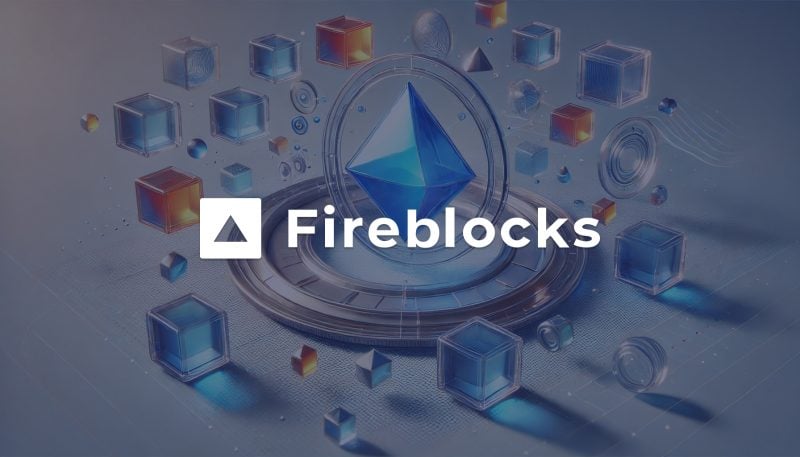Key Takeaways
Fireblocks for Startups has increased startup adoption by 50%. The suite supports 65+ blockchains and 35+ exchanges.
Share this article
Fireblocks, an enterprise-grade platform for digital asset management, has introduced a new self-service suite of tools aimed at blockchain startups and small and medium-sized enterprises (SMEs). Called Fireblocks for Startups, the platform offers streamlined financial management, wallet creation capabilities, and network access.
The service is being launched as industry data shows venture capital funding for Web3 startups increased by 55% in the first quarter of 2024. Fireblocks reports a 50% increase in startup users since piloting the new service.
Fireblocks for Startups provides an integrated platform for building Web3 applications and managing digital asset operations. The suite includes treasury management tools to secure digital assets, handle daily operations, and connect with exchanges and decentralized finance protocols. It also offers direct custodial wallet services and built-in wallet infrastructure.
A key feature of the service is simplified onboarding: startups can reportedly set up an account directly through the Fireblocks website with minimal steps. This approach contrasts with more complicated enterprise solutions, which often require extensive setup processes.
The suite grants access to the Fireblocks network, which connects to over 65 blockchains and 35 exchanges. The network aims to facilitate secure transfers between parties and accelerate the growth of startups by providing established connections.
Idan Ofrat, co-founder and chief product officer at Fireblocks, suggested the service addresses security challenges facing fast-growing crypto projects, noting that during market upturns, development teams often prioritize front-end stability over security.
The introduction of this startup-focused suite raises the question of how blockchain tools can be improved to cater to a wider user base. Fireblocks claims that startups will no longer have to rely on open source technology to build in-house wallet solutions or use less-proven wallet products.
While Fireblocks aims to provide a secure and scalable alternative to existing options, the effectiveness of this approach compared to open source and other commercial solutions has yet to be determined. Its impact on the broader ecosystem of blockchain development will likely depend on the adoption rate and performance of projects built using these tools.
The launch highlights an ongoing debate in the blockchain community about the balance between centralized infrastructure providers and decentralized, open-source development. While platforms like Fireblocks may offer convenience and established security measures, some argue that reliance on centralized providers can be at odds with the decentralized ethos of many blockchain projects.
Share this article

